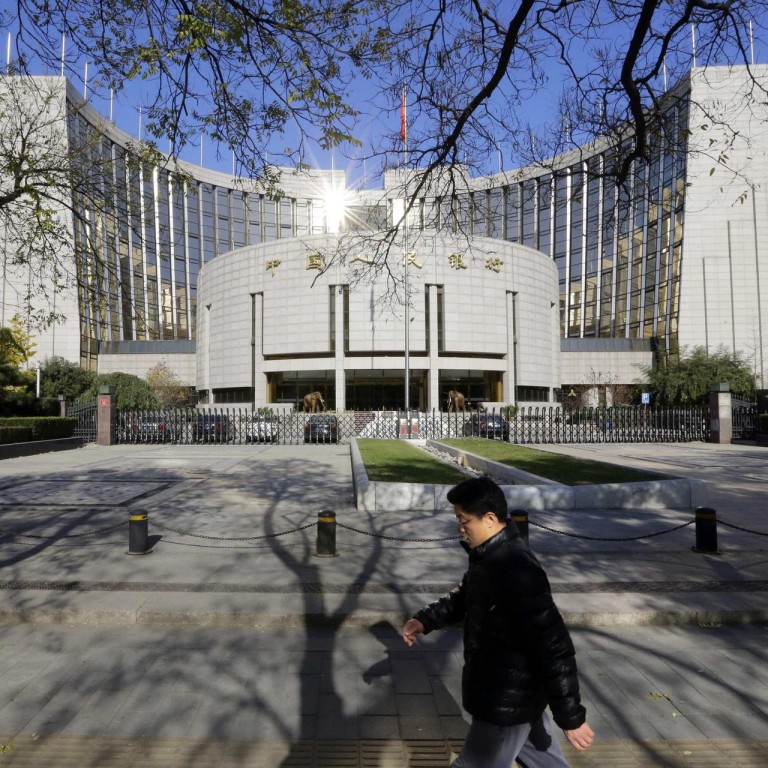
Central bank raises hope for more currency reform
And limits on iPBOC will gradually expand the yuan's trading band to help make the currency more flexible and market-driven, says Zhou Xiaochuan
With a shift in tone and language, the central bank governor has dangled the prospect of speeding up currency reform and giving markets more room to set the yuan's exchange rate as he underlines broader plans for sweeping economic change.
The central bank, under Zhou Xiaochuan, has consistently flagged its intention to liberalise financial markets and allow the yuan to trade more freely, even before the Communist Party's top brass unveiled late last week the boldest set of economic and social reforms in nearly three decades.
But since the 60-point reform plan was released, Zhou has suggested urgency in pushing for change, although he has not provided any specific timetable. He promised on Saturday to "pull out all stops to deepen financial sector reforms".
Dariusz Kowalczyk, an economist at Credit Agricole in Hong Kong, said the governor's comments could mean that the People's Bank of China would widen the trading band of the yuan in the near term.
Freeing up the currency would imply a large appreciation versus the dollar
"That probably means there is more upside for the renminbi," he said.
The yuan has risen this year to 6.09 per US dollar from 6.23 at the end of last year and hit a record high of close to 6.08 last month.
However, there was little evidence of any new found freedom for the yuan in trading yesterday. On the one hand, the central bank set its daily fixing for the starting point of yuan trade at a record high, but dealers said open market gains were checked by state-run banks selling the currency, probably on behalf of the central bank. In addition, the daily fixing has been consistently weaker than the spot market, indicating the central bank is trying to rein in the currency's strength.
"The PBOC is still intervening heavily to prevent the [yuan] from appreciating more," said RBS economists Louis Kuijs and Tiffany Qiu in a client note, referring to dollar trade inflows and speculation that are putting the yuan under pressure to rise.
"Freeing up the currency would imply a very large appreciation versus the [dollar], something for which we believe there would not be appetite right now."
Zhou's latest comments were released as part of a public guide book to the Communist Party's reforms. At more than 300 pages, it provides the full text of the Communist Party's blueprint and an explanation of the changes by President Xi Jinping. It includes articles by top officials, such as Zhou.
In the book, Zhou says the central bank would gradually expand the yuan's trading band to help make the currency more flexible and market-driven - comments that repeat a long-standing central bank position.
"We will widen the floating range of the yuan exchange rate in an orderly manner and increase the two-way flexibility of the currency," Zhou was quoted as saying.
To that end, the PBOC would "basically" exit from regular intervention on the currency market, he said, going slightly further than in previous comments when he had said it would reduce intervention.
The yuan's trading band was last widened in April last year.

